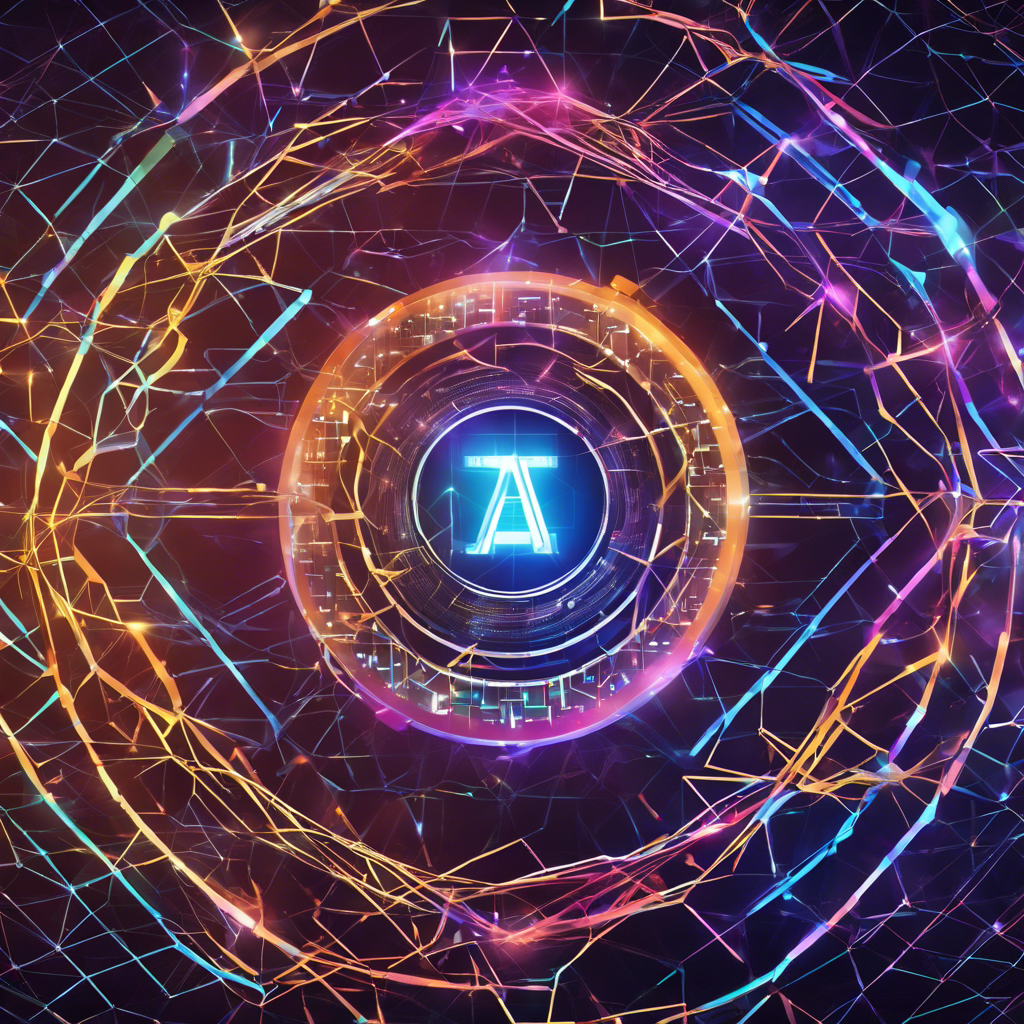Algorand (ALGO): A Blockchain Breakthrough In Smart Contract Speed And Efficiency

Algorand leverages pure proof-of-stake (PPoS) for enhanced network security, efficiency, and broader stakeholder participation.
In the world of blockchain technology, Algorand (ALGO) is making waves with its groundbreaking approach to smart contracts. Founded in 2017 by computer scientist Silvio Micali, Algorand positions itself as a leap in intelligent contract blockchain technology. With its unique pure proof-of-stake (PPoS) consensus mechanism and advanced smart contract capabilities, Algorand is revolutionizing the way blockchain platforms operate. In this article, we will explore the key features of Algorand, its energy-efficient design, quantum resistance strategy, and its potential as a noteworthy blockchain investment option.
John Woods: Catalyzing Algorand’s Technological Advancements
On November 18th, 2023, John Woods, Chief Technology Officer (CTO) at Algorand, gave an insightful interview to CCN about Algorand’s blockchain protocol, technological progress, and future developments moving into 2024. Woods’ discussion about Algorand emphasizes his determination to drive innovation at Algorand as CTO.
Algorand’s Resilient Innovation: Micali’s Vision and Pure Proof Of Stake (PPoS) Advancements
Silvio Micali, the creator of Algorand, has revolutionized the encryption and secure transmission of information over the years, earning him the prestigious Turing Award in 2012. Micali’s academic achievements and notable teaching career have profoundly influenced computer science, cryptography, and the blockchain Algorand (ALGO).
Micali has applied his visionary insights to address the blockchain trilemma, successfully balancing scalability, security, and decentralization. Algorand is distinguished by its unique Pure proof-of-stake (PPoS) consensus mechanism, a testament to Micali’s innovative approach to solving critical challenges in the blockchain space. Under his leadership, Algorand has emerged as a self-proclaimed gem blockchain platform known for speed, efficiency, and groundbreaking blockchain technology that addresses past mistakes in smart contract technology by blockchains like Ethereum.
Algorand’s Distinctive Pure Proof of Stake (PPoS) Model
Algorand’s PP0S consensus model departs from traditional proof-of-stake, focusing on energy efficiency and promoting a more egalitarian network. Unlike other blockchain platforms, Algorand’s PPoS incentivizes individual participation, fostering a more decentralized and secure environment. Decentralization is achieved through a verifiable random function (VRF), which ensures that operations within the network are decentralized and secure.
How Algorand Achieves True Decentralization Using Pure Proof-Of-Stake (PPoS)
In most blockchain platforms, the degree of decentralization can be significantly influenced by the distribution of stakes. Traditional proof-of-stake models often favor more prominent stakeholders, potentially leading to more centralized network control. Algorand’s PPoS model addresses this issue by implementing a system of weighted randomness, which is essential in maintaining both decentralization and security.
Algorand’s Verifiable Random Function (VRF)
The incorporation of weighted randomness in Algorand’s consensus mechanism is facilitated through a verifiable random function (VRF). In Algorand’s system, the VRF randomly selects nodes to verify transactions, with the likelihood of selection weighted by each participant’s stake. This method ensures a fair and secure validation process, similar to how Bitcoin’s consensus mechanism functions.
Example Of The Application Of The VRF Concept
To illustrate the VRF concept, suppose one participant holds 0.5% of the total ALGO tokens in circulation, and another node holds 5%. In Algorand’s PPoS system, the participant with the 5% stake is ten times more likely to be chosen to verify a block than the one with a 0.5% stake. This probability is due to the weighted nature of the selection process, promoting broader participation and enhancing network security.
Algorand’s Advanced Smart Contract Capabilities
Algorand stands out among its competitors, such as Ethereum, Cardano, and Solana, with its user-friendly and powerful smart contract features. Algorand enables users to create native digital assets, like tokens, without writing code. This feature, known as Algorand Standard Assets (ASA), allows for the declarative creation of assets, making the process more accessible to users without technical backgrounds.
Algorand’s Innovative Features, Set To Outshine Competitors
Algorand has introduced several innovative features in its blockchain platform, mainly related to asset control and smart contract execution. The clawback option allows for the retrieval or reversal of assets under specific conditions, while the freeze functionality enables the control of asset transferability. These features provide an additional layer of control and security for asset management when using the Algorand blockchain.
Algorand Virtual Machine (AVM)
Algorand’s Virtual Machine (AVM) outperforms competitors in smart contract throughput, ensuring high-speed operations. Designed for high performance and efficiency, the AVM can handle complex operations and smart contracts with ease. It also allows for upgradable smart contracts, giving developers the flexibility to adapt to new requirements or fix issues post-deployment.
Algorand’s Energy-Efficient Design
Algorand’s energy-efficient design sets it apart from other blockchain platforms. With a consumption equivalent to 34 household kettles, Algorand showcases its commitment to sustainability. This green approach appeals to eco-conscious users and developers, making Algorand a sustainable choice in the blockchain world.
Algorand’s Quantum Resistance Strategy
Algorand is proactively preparing for a quantum future by enhancing its quantum resistance. The platform focuses on safeguarding consensus, transactions, and blockchain history against potential quantum computing threats. Algorand’s quantum-resistant strategy includes the development of a quantum-resistant Verifiable Random Function (VRF), quantum-secure digital signatures, and the protection of historical blockchain data.
Algorand’s Growth Potential and Technological Strengths
Algorand’s technological strengths, including its PPoS model, advanced smart contract capabilities, and quantum resistance strategy, position it as a noteworthy blockchain investment option. With ongoing projects and advancements, Algorand aims to expand its influence in various industries, further solidifying its position as a formidable player in the blockchain space.
Conclusion:
Algorand’s innovative approach to blockchain technology, with its pure proof-of-stake consensus mechanism and advanced smart contract capabilities, sets it apart from its competitors. The platform’s energy-efficient design and quantum resistance strategy further enhance its appeal and potential for growth. With its focus on user accessibility and technological advancements, Algorand is well-positioned to become a key player in the blockchain space in 2024 and beyond.

